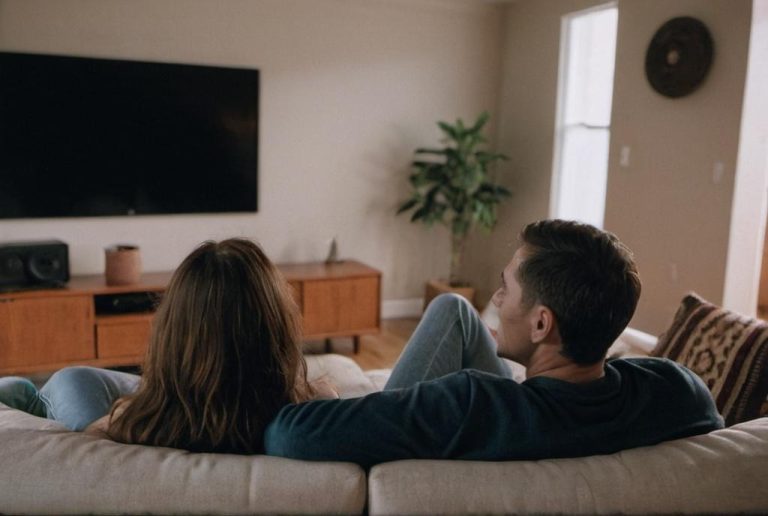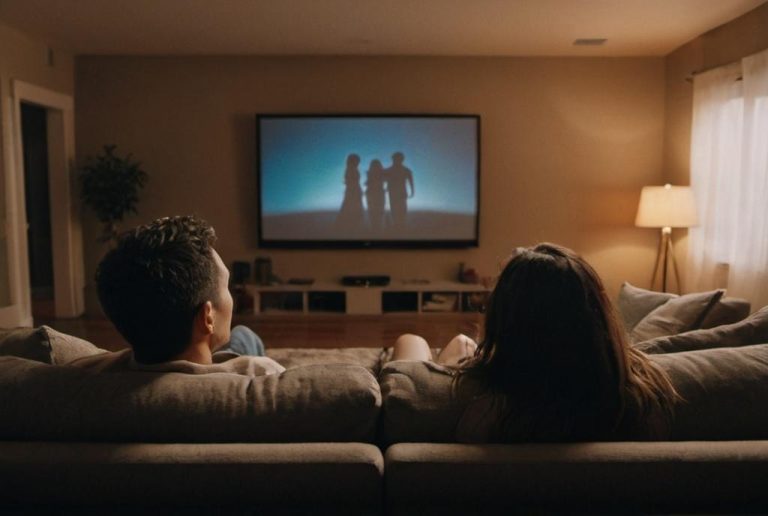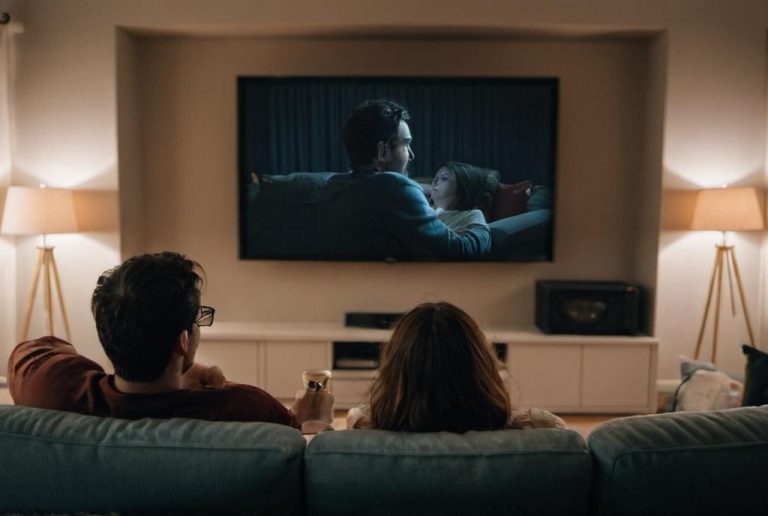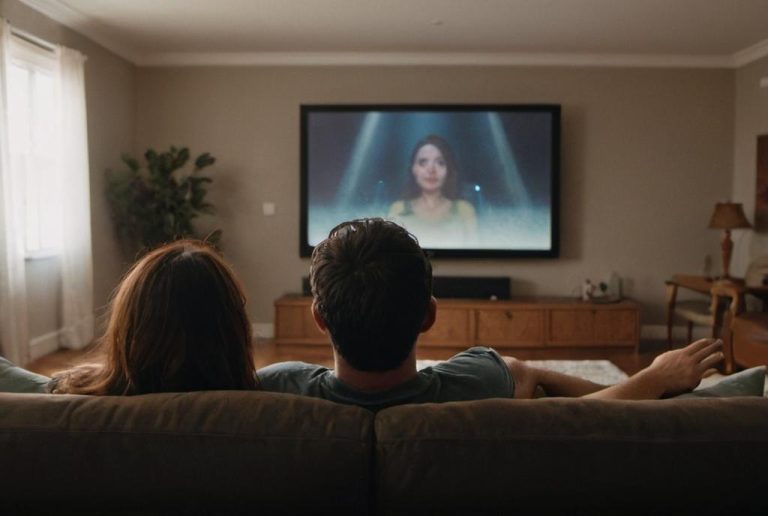
Key Take Aways About auteur theory in cinema
- Auteur theory highlights the director as the main creative force in films, evident in directors like Tarantino and Burton.
- Originated by French critics in the 1950s, the theory emphasizes the personal vision of directors.
- Critics argue film is collaborative, yet the theory persists due to its focus on directorial patterns.
- Auteur theory adds predictability and marketability, helping studios and investors anticipate audience reception.
- Modern platforms like Netflix enhance auteur-driven projects, offering more creative freedom.
- Investors can use auteur theory to assess potential returns but should consider changing tastes and trends.

Cracking Open Auteur Theory
Auteur theory, at its core, suggests that a film reflects the director’s personal vision. Think of it as seeing a movie through the lens of the director’s personal stamp. It’s like when you pick up a Quentin Tarantino film; you kinda expect a lot of talking, some funky tunes, and a splash of blood. Or catching a Tim Burton flick and knowing you’re in for some gothic vibes and maybe Johnny Depp’s quirky mug.
This approach isn’t just for the high-brow crowd or film snobs lurking in dark corners of indie cinemas. It’s a lens that spotlights directors like Alfred Hitchcock or Wes Anderson, letting audiences see how their distinctive styles shape films as uniquely theirs.
The Evolution of Auteur Theory
Back in the 1950s, French film critics like François Truffaut started advocating for the director as the main author or “auteur” of a film. This was a shift from the view that films were just products of studio heads or screenwriters. The idea gained traction, especially in America, during the 1960s.
But not everyone jumped on this bandwagon. Some critics argued that film is a collaborative effort, with scriptwriters, producers, and actors also playing significant roles. Yet, the theory stuck around, especially because it resonated with those who like finding patterns and motifs in a director’s work.
Financial Implications of Auteur Theory
From an investment perspective, auteur theory adds a dash of predictability and marketability to certain films. When a director like Christopher Nolan is attached to a project, studios and investors can often bank on a certain style and fan following. This can influence everything from initial funding to box office performance. If audiences know what they’re getting, it can be like having a safety net.
Remember when Martin Scorsese got involved with “The Irishman”? Investors and audiences alike had a good idea of the film’s potential draw and thematic elements. It wasn’t just another gangland story; it was Scorsese’s gangland story, which brought its own expectations and buzz.
Auteur Theory and Modern Cinema
In recent years, the streaming boom and the rise of independent films have widened the palette for directors. With platforms like Netflix giving directors more creative freedom—though sometimes at the cost of budget constraints—there’s renewed room for auteur-driven projects. Directors can take risks, explore stories they might not have been able to tell in traditional studio systems.
Take Greta Gerwig, for instance. Her adaptation of “Little Women” bears her distinct touch—a fresh spin on classic material, drawing from her unique perspective and voice. These directors, both seasoned and newcomers, continue to challenge the boundaries set by studios, partly scrambled by auteur theory’s influence. They’re not just telling stories; they’re telling *their* stories, which can make a difference at the box office or on streaming platforms.
The Practical Side of Auteurism
For a budding film investor, understanding auteur theory can be like having a cheat sheet. By recognizing directors with a consistent track record and a dedicated fan base, you could better assess potential returns on investment. In other words, if you know certain directors have their finger on the pulse of what audiences crave, then you’ve got a head start in deciding what to back financially.
However, it’s not foolproof. Auteur theory assumes audiences buy into a director’s vision, but tastes can change, or a director might miss the mark. Even the most prolific directors have had missteps, and not every project will hit a home run.
Success in movie investing doesn’t just hinge on one theory or approach. It involves weighing various factors, including timing, audience trends, and the ever-unpredictable magic of the movies. But auteur theory remains a handy tool in the kit for anyone trying to understand what makes movies tick and how to make those dollars stretch in cinematic investments.
So, the next time you catch a Spielberg or a Fincher flick, think about how their past work informs what you’re watching. It’s not just about the story on the screen, but who wove it together and why that can matter financially too.



